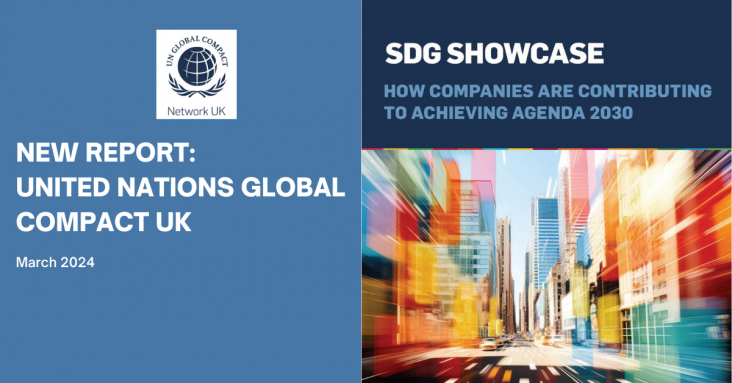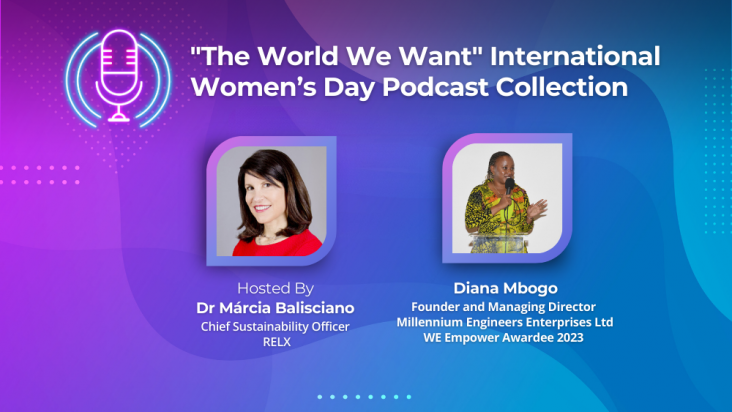Settling the record: 3,000 years of continuity and growth in a Coast Salish settlement constellation
Journal of Anthropological Archaeology, Volume 73, March 2024
The research highlights how, for Indigenous people across the globe, being connected to traditional lands and histories continues to be of paramount importance. To document this connection on one river system in the Pacific Northwest Coast of North America, the researchers have compiled archaeological evidence from 14 settlements occupied between 3,000 years ago and the early 20th century.
This research provides an ethnographic review of hunter-gatherers' profound relationships with trees, today and into the deep past. In the modern west we sometimes ignore our profound human relationship with trees.

In recent years, increased expectations from investors, regulators, employees, and customers have put significant pressure on companies to increase their sustainability efforts.
The Sustainable Development Goals (SDGs) are not just another sustainability framework, but the only universally agreed blueprint to turn meaningful ambition into transformational change. However, businesses report difficulties in integrating the SDGs into their core strategies and in understanding, reporting, and managing their impact on the Goals.
World Intellectual Property Day 2024 is highlighting the critical importance of intellectual property (IP) in catalyzing the human innovation and creativity needed for achievement of the United Nations Sustainable Development Goals (SDGs). This study provides an overview of the key debates and the recent evidence on the societal role of Intellectual property rights (IPRs).
Reviews the effects of light pollution in urban ecosystems
Coral atolls are at risk from rising sea level, what can be done to enhance island buidling processes
In this study, we introduced an integrated assessment framework, and estimated both quality and quantity-related Water Scarcity Index (WSI), local economic water scarcity risk (WSR), and the cascading virtual WSR observed in global trade markets across 40 major economies spanning from 1995 to 2010. Results show that developing countries had rapid growth in both quantity and quality-related WSI, while major developed economies experienced a modest increase in water stress but mitigated quality-related risks, suggesting imbalanced progress towards SDG 6 across countries.

In this special edition of "The World We Want," Márcia Balisciano interviews Diana Mbogo, the Founder and Managing Director of Millennium Engineers in Tanzania. Diana, an award-winning entrepreneur, focuses on renewable energy solutions and is currently implementing the Sardine Fishing Industry Business Project. The project aims to transition the traditional, environmentally harmful methods of the sardine fishing industry toward more sustainable practices using solar drying facilities. Diana emphasises the critical connection between access to energy, particularly for women, and the broader goal of achieving the United Nations Sustainable Development Goals. Throughout the discussion, Diana shares her journey, challenges, and the transformative impact of her work on communities, highlighting the positive changes brought about by her innovative approach to the sardine industry.
Linkages between smart cities and SDGs are underexplored.A systematic literature review is conducted to address this gap. Existing research mainly focuses on SDG 6, SDG 7, and SDG 11.Responsible smart city solutions and technologies could contribute to SDGs.There is a bias toward reporting the benefits of smart cities and trade-offs are underexplored.
This study investigates the factors that influence travelers' intentions toward animal ethics in tourism and makes a significant contribution to methodological approaches and the body of knowledge in animal ethics in tourism.
